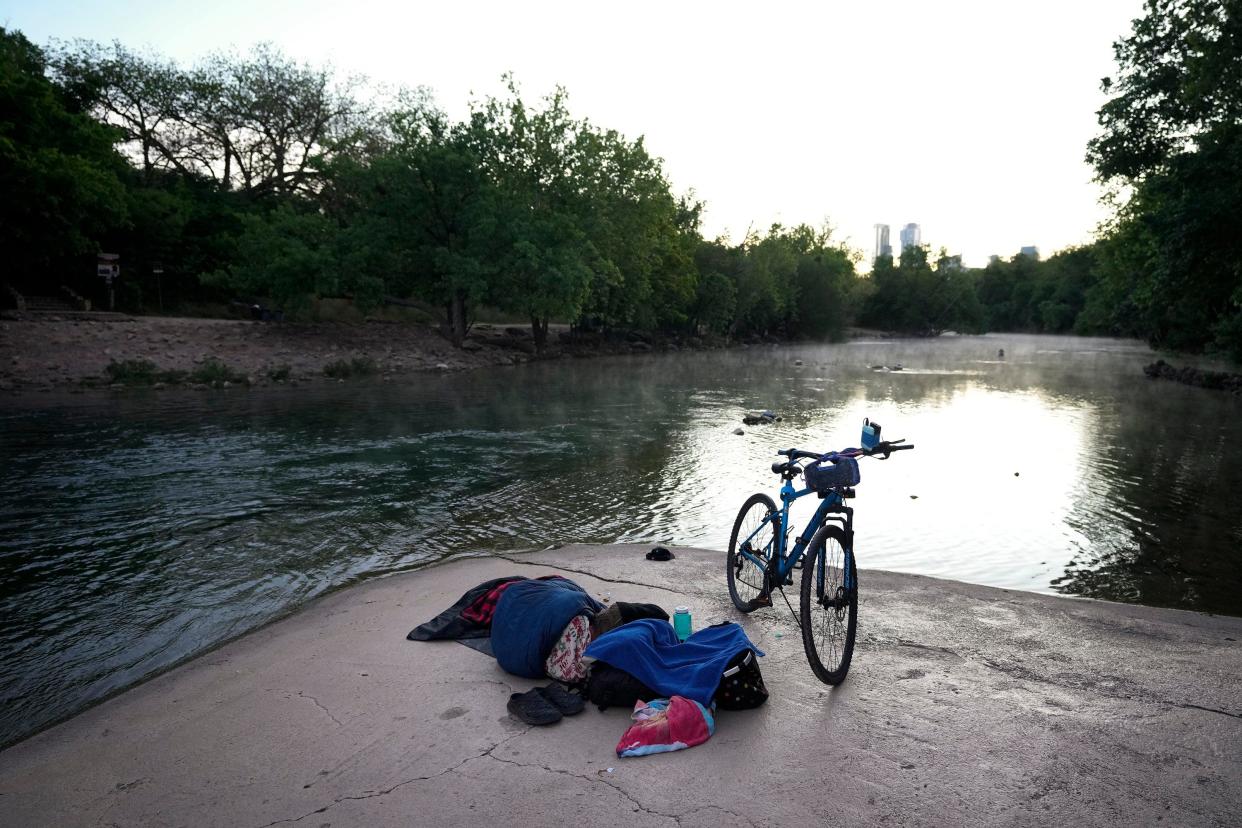Criminalizing homelessness is cruel and unusual punishment | Opinion

Homelessness is at its highest level on record, and many states – including Texas – are seeing an increase as more people in our metropolitan and rural areas are unable to keep up with skyrocketing rental costs. With wages failing to keep pace with the increasing costs of living for Americans, most Texans are one financial crisis away from homelessness. Once a Texan loses housing, many are left with no other options but to live outside, despite the inherent dangers and the criminalization they currently face due to our state laws.
On Monday, April 22, the Supreme Court will hear the case of City of Grants Pass, Oregon v. Johnson, the most significant Supreme Court case about the rights of people experiencing homelessness in decades. While homelessness rises and resources dwindle, the Supreme Court will determine whether a local government can arrest or fine people for sleeping outside when adequate shelter is not available.
This ruling will have critical long-term consequences for the current state laws and the ongoing efforts to end homelessness in Texas and across the country.
Criminalization is not a solution to homelessness
Arrests, fines, jail time, and criminal records make it more difficult for individuals experiencing homelessness to access the affordable housing, health services, and employment necessary to exit homelessness. Because of systemic racism in housing and other sectors, Black and indigenous people experience homelessness at far higher rates than white individuals, and they are most likely to be harmed by criminalization.
If the Supreme Court decides that localities can arrest people who have nowhere to sleep at night, we may see even more resources wasted, lives harmed, and racial disparities deepened.
What both sides say. Supreme Court to hear biggest homeless rights case in decades.
Homelessness is a housing problem
We know that homelessness is a housing problem. The affordable housing crisis and the inability to afford housing are the primary causes of homelessness. In Texas, there are only 25 rental homes affordable and available for every 100 of the lowest-income renters, and someone working full time would need to earn $25.06 an hour to afford a modest two-bedroom apartment – well above the minimum wage.
With nearly half of all low-income renters paying a third of their limited income to rent, it comes as no surprise that people lose housing not as a moral failing but as a direct result of insurmountable living costs. To be clear, the lack of affordable, available housing drives increased homelessness, even when measured against oft-cited individual “choices” or “personal failures.
Homelessness should be treated as the humanitarian crisis it is, one that is resulting in more deaths among our state's unsheltered year after year. Rather than criminalizing people experiencing homelessness, policymakers need to use all the tools available to address the housing crisis that fuels homelessness to help unhoused people move into stable, affordable homes.
This starts with preserving and expanding affordable housing to people with the lowest incomes, providing emergency rental assistance, strengthening federal renter protections, and increasing homeless services to get people safe as quickly as possible when they lose their housing. Congress must expand access to healthcare, including mental health and substance use services, and it must pay the workforce on the front lines a living and equitable wage.
As we await the decision by the Supreme Court, we must commit to pursuing meaningful solutions to ending homelessness that do not seek punishment but instead promote solutions. We must remain grounded in a common truth and mission that we all deserve safe, affordable places to call home.
Foss is a social worker and Director of Development and Communications at Texas Homeless Network. Samuels is the CEO of Texas Homeless Network
This article originally appeared on Austin American-Statesman: Criminalizing homelessness is cruel and unusual punishment | Opinion

